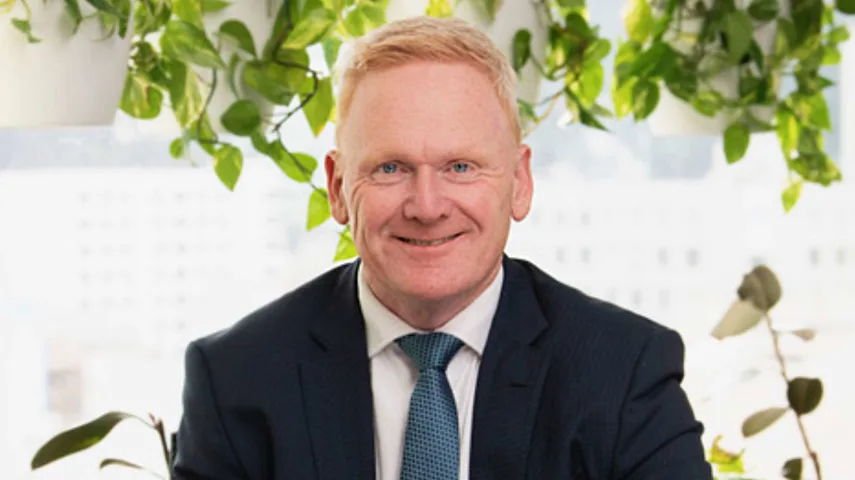Equip completes rebrand as it targets $50bn FUM



Equip Super is “beginning a new chapter for the fund” as it consolidates membership, operations, and investments under one brand.
The changes are the culmination of the fund’s One Fund project to consolidate its funds with improved investment options, personalised streamline service experience, and overall fee reductions.
This will consolidate and enhance its member offer and position it for future growth and follows the fund’s acquisition of Catholic Super.
Investment options will be consolidated into one menu including a low-cost Diversified investment option and there will be fee equalisation across the fund with a reduction in administration fees.
As of 1 July, administration fees were lowered to 22 basis points (22bp), and a balance cap of $500,000 was introduced across the entire fund (formerly applicable only to Equip Super).
As a result, the majority of Equip Super and all Catholic Super members will receive a decrease in their fees and the maximum asset-based administration fee that any member may be charged is now capped at $1,100 per annum.
Its website will offer new tools, calculators, and educational content to help members on their super journey.
Scott Cameron, Equip Super chief executive, said: “These changes will drive more efficiencies in our fund to deliver strongly for members – through reduced fees from a more streamlined fund and a better, tailored member experience.
“With our new brand platform, we are doubling down on our member service experience. Our goal is to equip our members with knowledge and confidence, through both one-to-one interactions with financial planners and a brand-new suite of online educational tools.”
He said the fund is targeting $50 billion in funds under management, up from $30 billion currently and 140,000 members.
”There are benefits to scale, but we are not pursuing growth for growth’s sake. We aspire to be a different type of fund – one that’s big enough to matter, but small enough to care – always valuing our connection and commitment to our members, employers and the communities in which they live and work,” Cameron said.
“We see a place in the industry for a fund of scale that offers a better experience and connection for members and employers, driving the best retirement outcomes possible.”
The fund also announced its Balanced Growth investment option has returned 10.1 per cent over the FY2022-23, its Growth Plus option returned 14 per cent, closely followed by the Growth option at 12.3 per cent.
“Our disciplined investment strategy delivered excellent results over the past year, driven by strong contributions from active management and astute asset allocation decisions,’ said CIO Andrew Howard.
“Despite being underweight in high-performing US mega cap tech-related stocks, our international equity portfolio achieved strong returns. Additionally, our property asset class produced a positive absolute return, benefiting from higher exposure to industrial and healthcare assets. A higher weighting in infrastructure also contributed to double-digit returns.
“Throughout the year we have also taken the opportunity to increase our allocations to bonds and cash through trimming our equity exposure as share markets around the world continued to rise, allowing us to build our exposure to the traditional defensive asset classes as a result of the much more attractive yields on offer."
Earlier this month, the fund appointed Julian Widdup as member director on its nine-strong board, replacing Jan Dekker.
Widdup has 20 years’ experience including four years on the board of Australian Catholic Superannuation from 2019–23 and seven years as a director at Palisade Investment Partners.
Recommended for you
Insignia’s Master Trust business suffered a 1.9 per cent dip in FUA in the third quarter, amid total net outflows of $1.8 billion.
While the Liberal senator has accused super funds of locking everyday Australians out of the housing market, industry advocates say the Coalition’s policy would only push home ownership further out of reach.
Australia’s largest superannuation fund has confirmed all members who had funds stolen during the recent cyber fraud crime have been reimbursed.
As institutional investors grapple with shifting sentiment towards US equities and fresh uncertainty surrounding tariffs, Australia’s Aware Super is sticking to a disciplined, diversified playbook.













